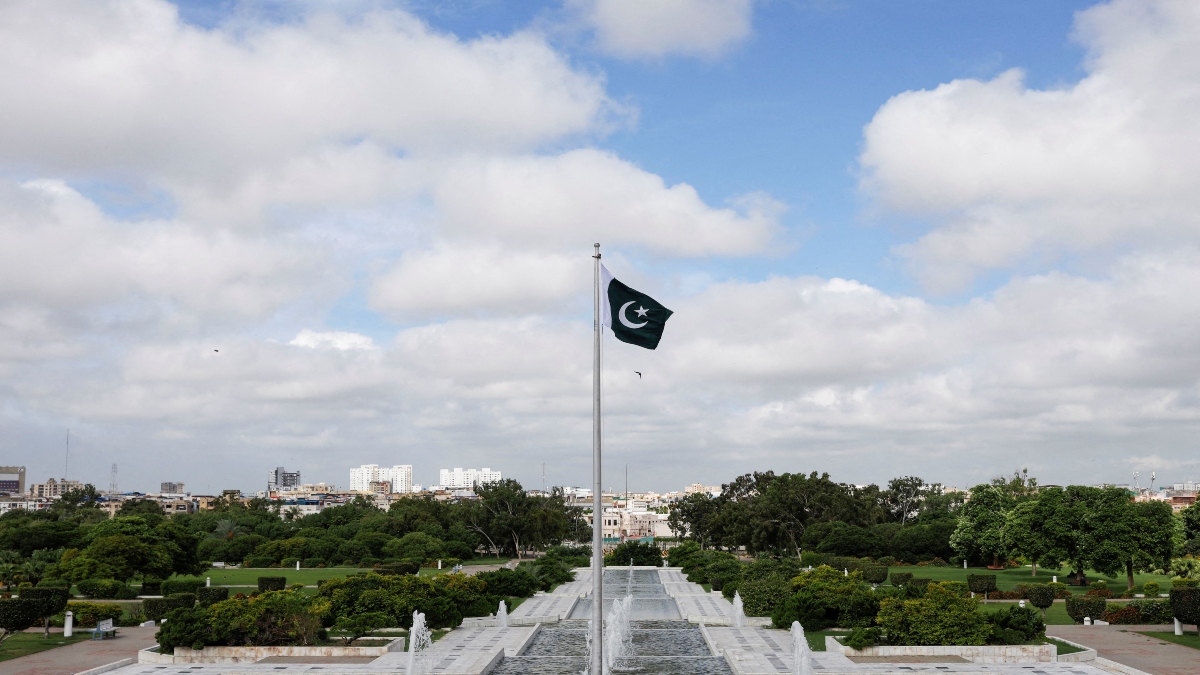The World Bank’s private finance division has slammed Pakistan’s military-led efforts to renegotiate contracts for wind and solar power, in a letter co-signed by seven other international development organisations that have funded projects in the country, according to a Financial Times report.
Last month, the Financial Times reported that Pakistan’s military and intelligence agencies played a significant role in discussions to modify the terms of renewable energy agreements made with power companies 10 years ago.
“Preserving the sanctity of contracts signed by the government and honouring its contractual commitments are central pillars of building investor confidence in . . . Pakistan,” the FT report quoted the International Finance Corp (IFC) and other lenders as writing in the letter, dated February 18.
“We believe that renegotiating (power purchase agreements) in a non-consultative manner will be detrimental to the long-term development of the sector, undermining investor confidence and discouraging much-needed future private investment," they added.
According to the report, lenders, including the Asian Development Bank and several European development finance institutions, have invested $2.7 billion in Pakistan’s power sector over the past 25 years.
In a bid to stabilise its crisis-hit economy, Pakistan is seeking foreign investment, notably through privatising its debt-laden airline and power distribution companies. IFC Managing Director Makhtar Diop announced plans to invest $2 billion annually in Pakistan over the next decade to boost private sector growth, added the report.
Impact Shorts
More ShortsThat pledge came despite rising discord over the power contracts, after negotiations were reopened last year to bring down electricity costs. Businesspeople involved said the talks were conducted in military installations and security officials had threatened investors with investigations into their other business ventures.
They added they felt intimidated to agree to new contracts that would make their investments unviable and force them to shut down energy plants, reported FT.
The IFC and other institutions wrote that power companies they had financed were “not permitted to agree to changes to any major project document”, including power purchase agreements, “without a prior written approval from the lenders”.
“We hope the government will reconsider its approach to PPA renegotiations and work to find alternative ways of solving the energy sector’s structural challenges,” they were quoted as saying.
The ADB and FMO, the Dutch development finance company, confirmed their signing of a letter addressed to Pakistan’s Power Minister Awais Leghari, Finance Minister Muhammad Aurangzeb, and special assistant to the prime minister Muhammad Ali.
According to the report, IFC and British International Investment declined to comment, while IDB, DEG, and Proparco did not respond.
Ali, co-chairing the negotiation task force, denied any coercion, and told FT that lenders were “fed misinformation.”
He described the talks as “civilian-led” and “very cordial and amicable,” adding that “there will be some hit to returns on equity, but … (power companies) will still make reasonable profits according to our numbers.”
The power ministry referenced Leghari’s previous statement, asserting that the renegotiations would allow the government to reduce power tariffs for consumers and save at least Rs1 trillion ($3.6 billion).
Pakistan’s military did not comment, claimed the report.
A decade ago, Pakistan promised government-backed, dollar-indexed returns to attract investment into its power sector. However, rising energy costs have led to industry shutdowns, prompting the government and security services to renegotiate deals.
Pakistani energy businesses claim the government assured them of a fixed return in rupees at a much lower exchange rate than the current US dollar rate.
“There will be no profit left,” FT quoted one businessperson as saying, who cited the local currency’s devaluation and the obligation to repay foreign lenders in dollars.
Industry figures and western diplomats attribute much of the price increase to Chinese-backed power plants, which benefit from lucrative terms but are shielded from coercive negotiations due to Pakistan’s dependency on Beijing for loans and debt rollovers.
Pakistan has requested to reprofile loans from Chinese investors in the energy sector, but Aurangzeb has repeatedly assured they would not face “haircuts.”
With inputs from agencies
)